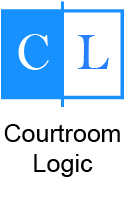Two Reasons ‘Fake News’ Spreads Like Wildfire
Fake news. It’s the buzzword of 2018 and sadly, some say, it is quickly becoming a huge threat to journalism and democracy. But what exactly is “fake news” and why does it matter in the world of litigation? Fake news is misinformation that is broadcast, shared or otherwise disseminated to the masses. Typically, we think of fake news as occurring on the internet, but it can (and has) appeared in print media as well. But for now, let’s focus on the internet, specifically, Twitter. The most comprehensive “fake news” study to date was published March 9th in the journal Science.

